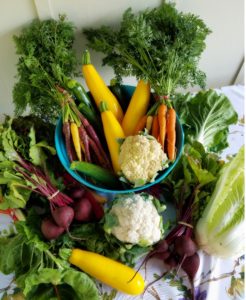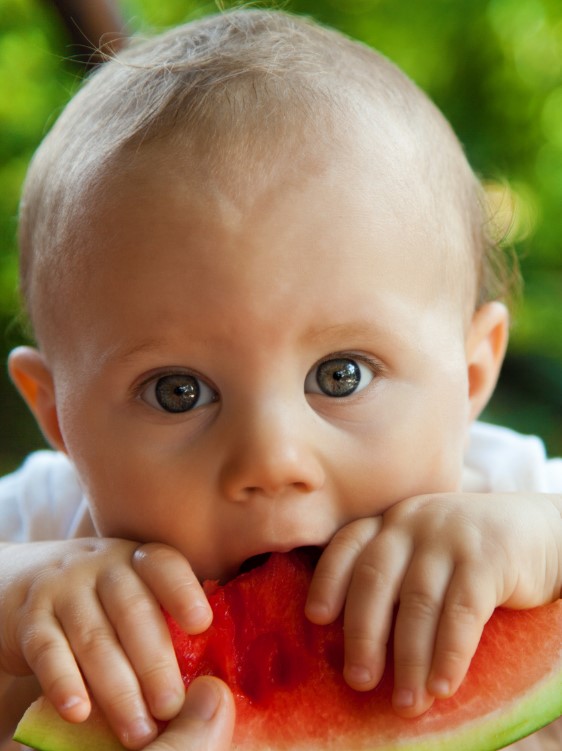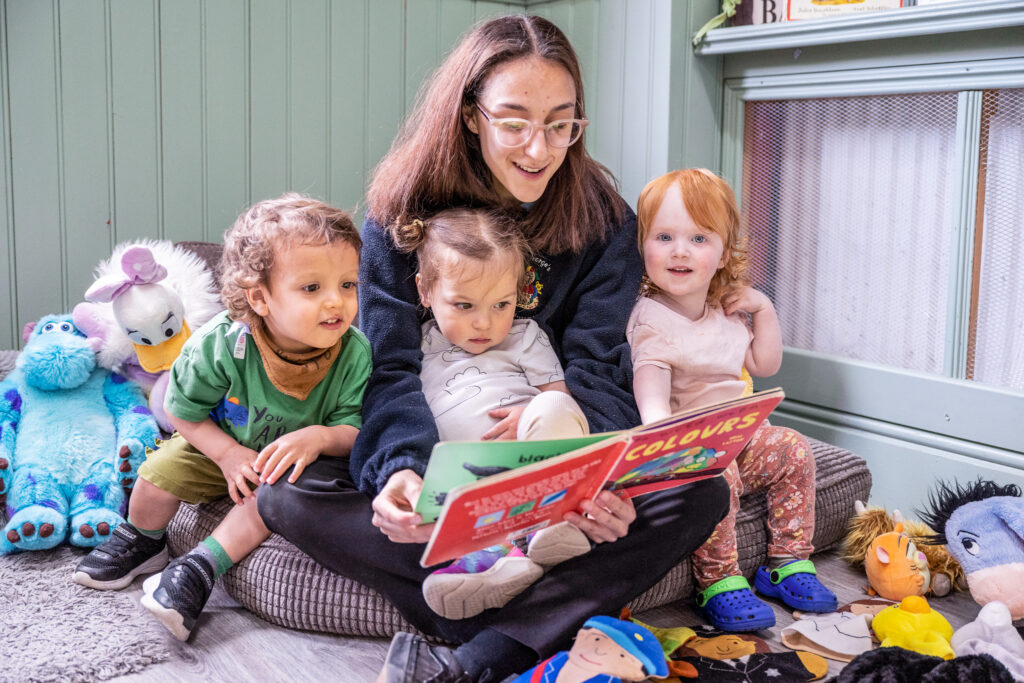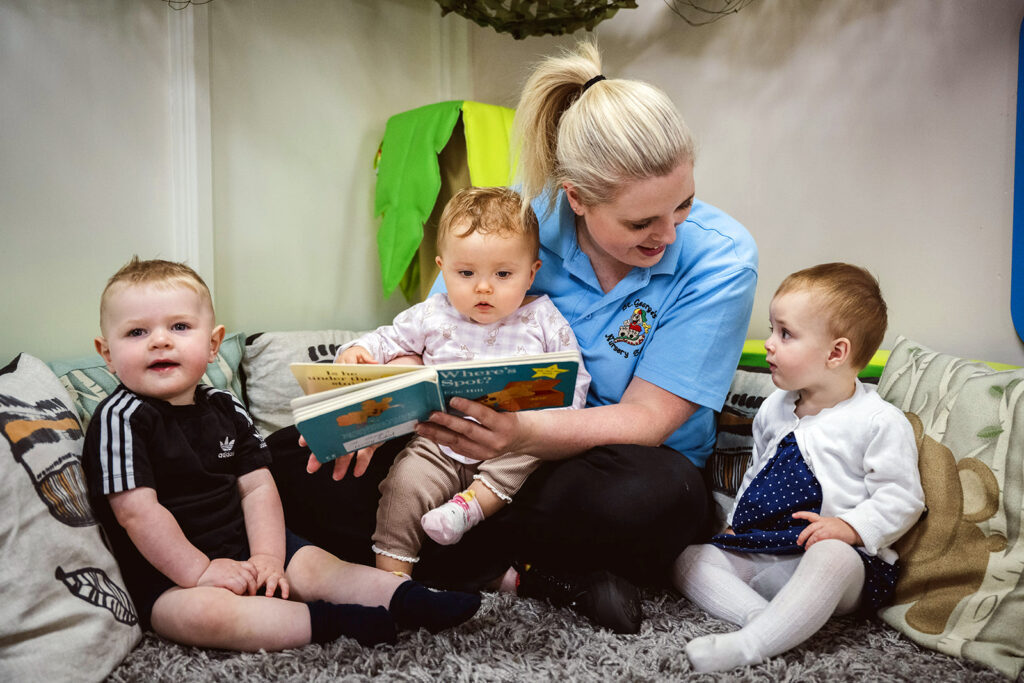HEALTH AND FITNESS IN THE EARLY YEARS
In a world where children are spending more time staring at screens and less time being physically active and playing outdoors, childhood obesity is an increasingly growing issue. It is therefore vital that we decrease inactivity and encourage and promote a wholesome, healthy and active lifestyle in children. We recognise that our values and culture can influence the health and well-being of our children and the probability that they choose healthier options later in life.
Professor Judy Buttriss, Director General of the British Nutrition Foundation, said “it’s vitally important that children eat well in early life, not only to provide them with the nutrients they need to grow and develop but also for their lifelong health. With almost a quarter of children starting school overweight or obese, children’s health in the early years needs to be a key focus in tackling the obesity epidemic.”
The Early Years Foundation Stage (EYFS), the statutory framework that sets standards that all nurseries must follow, states that ‘where children are provided with meals, snacks and drinks, these must be healthy, balanced and nutritious’ and ‘fresh drinking water must be available and accessible at all times’.
At St. George’s Nursery, we plan menus in advance so that our children receive three balanced meals throughout the day, including a wide variety of healthy ingredients from the following food groups: starchy foods, fruit and vegetables, meat, fish, eggs and beans and milk and dairy. We have a strict no-nuts policy and we offer alternatives to children who are not able to have certain meals due to various dietary requirements.

We have a rotating menu in place, made up of dishes such as chicken/ quorn jambalaya, salmon/ quorn risotto and lamb/ soya curry. A well-balanced, wholesome and nutritious menu means our children eat fantastic and nourishing meals, encouraging them to develop wholesome eating habits and a healthy relationship with food.
We are fortunate to have talented and enthusiastic people working with us to create these delicious meals for the children. Our cooks enjoy creating exciting and innovative ways the children can appreciate food and build a healthy relationship with it.
Furthermore, daily physical activity is vital for the healthy growth and development of children. Not only do we love spending time outdoors in our big beautiful outdoor gardens, we also provide Music & Movement classes, Yoga classes and Sports classes.

Babies (under 1 year)
We encourage our babies to be physically active throughout the day in a variety of different ways, such as crawling. If they are still unable to crawl, we encourage them to be active by reaching, sitting up and grasping.
Whilst babies are awake, they should get at least 30 minutes of tummy time throughout the day to help them to practise lifting their heads and to develop strong muscles.

Toddlers (aged 1 to 2)
The more physically active toddlers are, the better. However, they should be physically active for a minimum of three hours every day, including both indoor and outdoor play. This can range from light activities to more energetic activities such as jumping, skipping, dancing and ball games.

Pre-schoolers (aged 3 to 4)
Again, this age group should spend at least 3 hours a day doing a range of physical activities including at least one hour of moderate to vigorous activity.
Except whilst they’re sleeping, children under 5 should not be inactive for long periods, and behaviours such as watching TV or being strapped in a pushchair for long period of time are not good for a child’s wellbeing and development.
The Minister for Children and Families Robert Goodwill said, “A good early education is vital to set every child on the path to fulfilling their full potential, and getting healthy, balanced food during the day is an important part of high-quality childcare.”

So let’s get our children following healthy, nourishing diets and hopping, skipping and jumping away!





